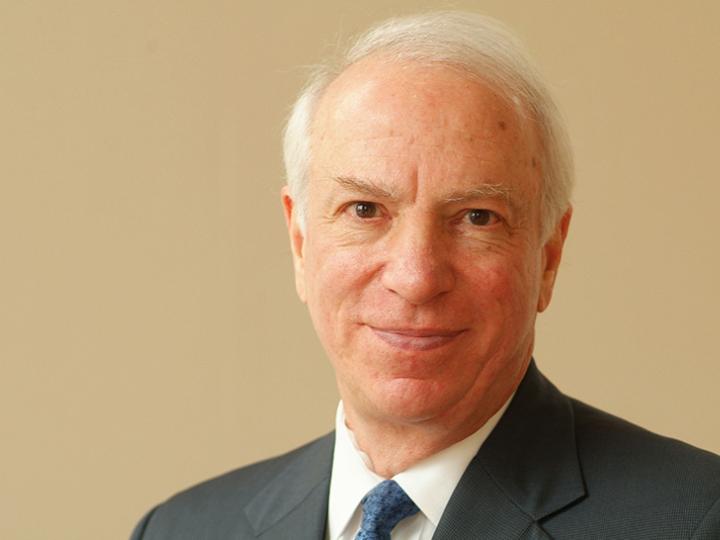Richard J. Bonnie of UVA Law has retired after over 50 years of teaching. His scholarship and research focused on criminal law, bioethics, and public policies relating to mental health, substance abuse, aging, and public health. He formerly served as director of the?Institute of Law, Psychiatry and Public Policy.
Elected to ALI in 2015, Bonnie serves as an Associate Reporter on the Restatement of the Law, Children and the Law project.
Below is an excerpt from the tribute by UVA Law:
When?Richard Bonnie?graduated first in his 1969 class of the University of Virginia School of Law, the Vietnam War and the draft loomed over the lives of the graduating men. His own future seemed circumscribed by a pending military obligation. Never having taken an undergraduate psychology course, he certainly couldn’t have envisioned that he would later help define the intersection of mental health and criminal justice in the United States and elsewhere.
This fall, Bonnie stepped down from his tenured position at the Law School after nearly 51 years of teaching and research, 44 years of death row advocacy, and decades of shaping law and public policy on drugs, mental health, adolescent development and gun violence.
The Norfolk, Virginia, native first set foot in Clark Hall, the Law School’s former home, at a time when young people’s paths seemed defined more by catalytic and cataclysmic events than by personal agency.
Eight years earlier, the immorality of Virginia’s “massive resistance” to school desegregation pushed Bonnie — a liberal, Jewish youth — to choose to sit at the back of city buses and then nudged him north to Johns Hopkins University for college.
“I was thrust into the maelstrom of massive resistance at the very time that I was opening my eyes to the world around me and becoming conscious of my own identity — and of my responsibilities to others and to my community,” Bonnie wrote in a personal essay in “Law Touched Our Hearts,” a 2009 collection of essays he co-edited with UVA Law professor?Mildred Robinson?marking the 50th anniversary of the Supreme Court’s decision in?Brown v. Board of Education.
His contemplation bred new ideas about the role of race in inequality and criminal justice, and “transformed” him from a kid who dreamed of playing professional baseball into a serious young student who knew he wanted to embrace the law as a path to reform.
